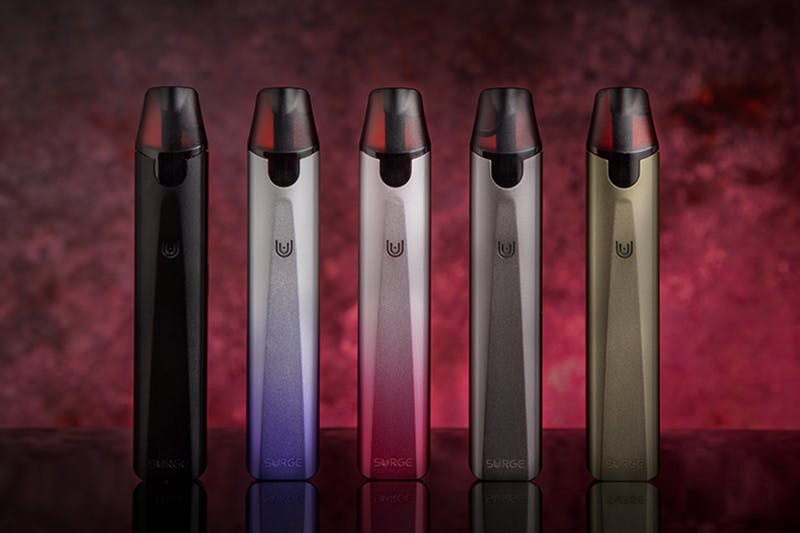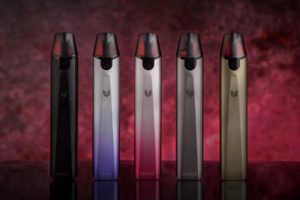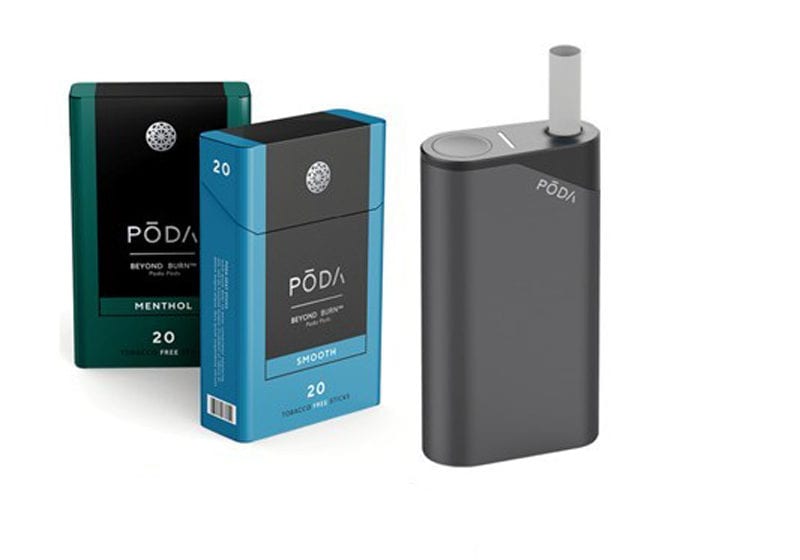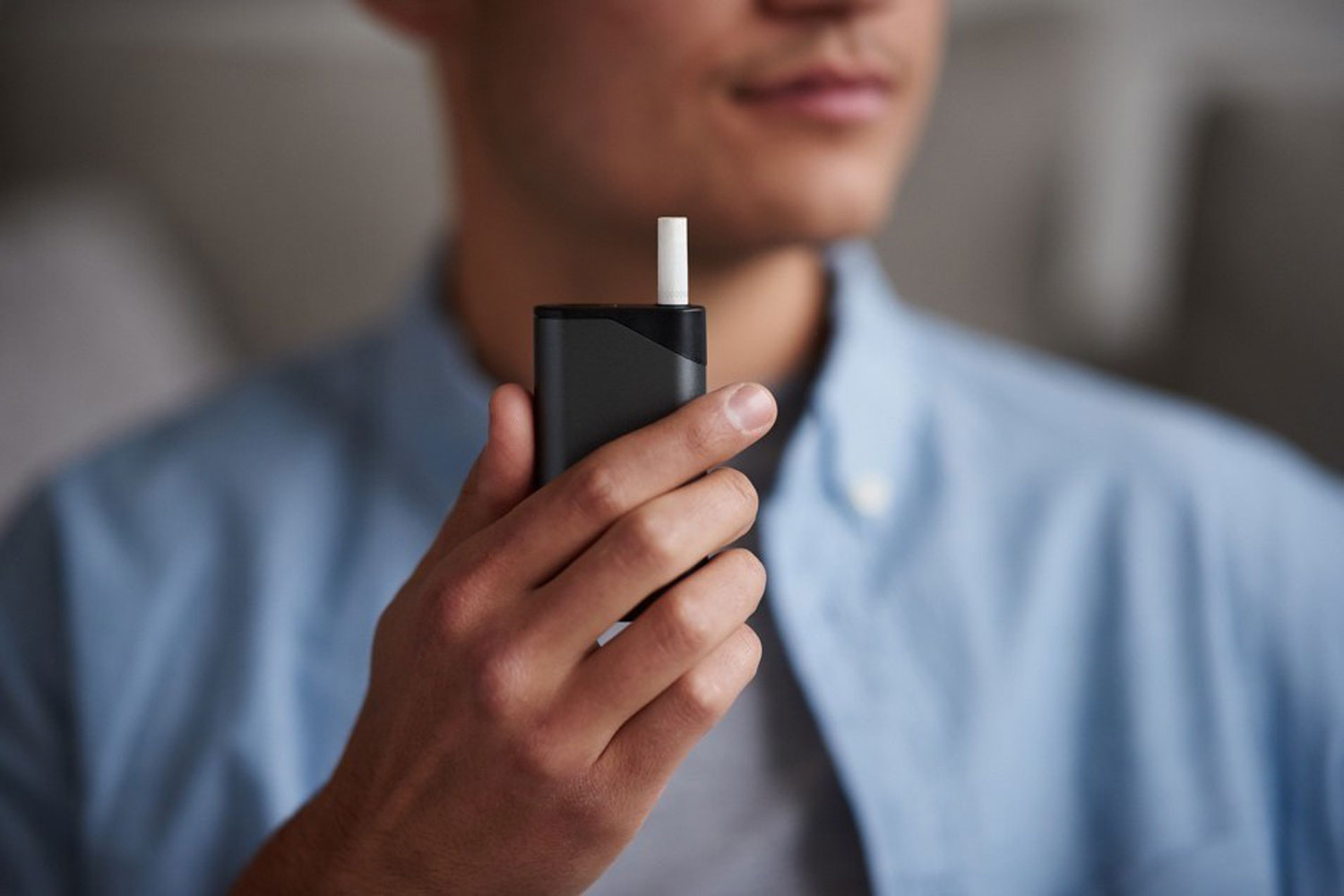A Philip Morris International Inc. affiliate has earned two federal patent victories involving its heat-not-burn (HnB) technology dispute with Reynolds American Inc (RAI). A three-judge panel of the federal Patent Trial and Appeal Board said Wednesday it had determined as unpatentable all RAI Strategic Holdings Inc. claims for the “915” patent and claims 1 through 12 and 18 through 30 for the “542” patent.

The “915” patent “relates to smoking articles that employ an electrical heating element and an electrical power source to provide an inhalable substance in a vapor or aerosol form, without substantially burning or completely burning tobacco or other substances,” according to JournalNow.
Meanwhile, the “542” patent “is directed to articles wherein tobacco, a tobacco derived material or other material is heated, preferably without significant combustion, to provide an inhalable substance … in a vapor or aerosol form.” The “542” patent is designed to create improvements and alternatives to “provide the sensations associated with cigarette, cigar, or pipe smoking, without delivering considerable quantities of incomplete combustion and pyrolysis products.”
In both cases, the decisions are the final word from the board. However, those decisions can be appealed for review to the U.S. Court of Appeals for the Federal Circuit, which RAI has indicated it will pursue. According to federal law, a claim is unpatentable if “the differences between the subject matter sought to be patented and the prior art are such that the subject matter as a whole would have been obvious at the time the invention was made to a person having ordinary skill in the art to which said subject matter pertains.”


















